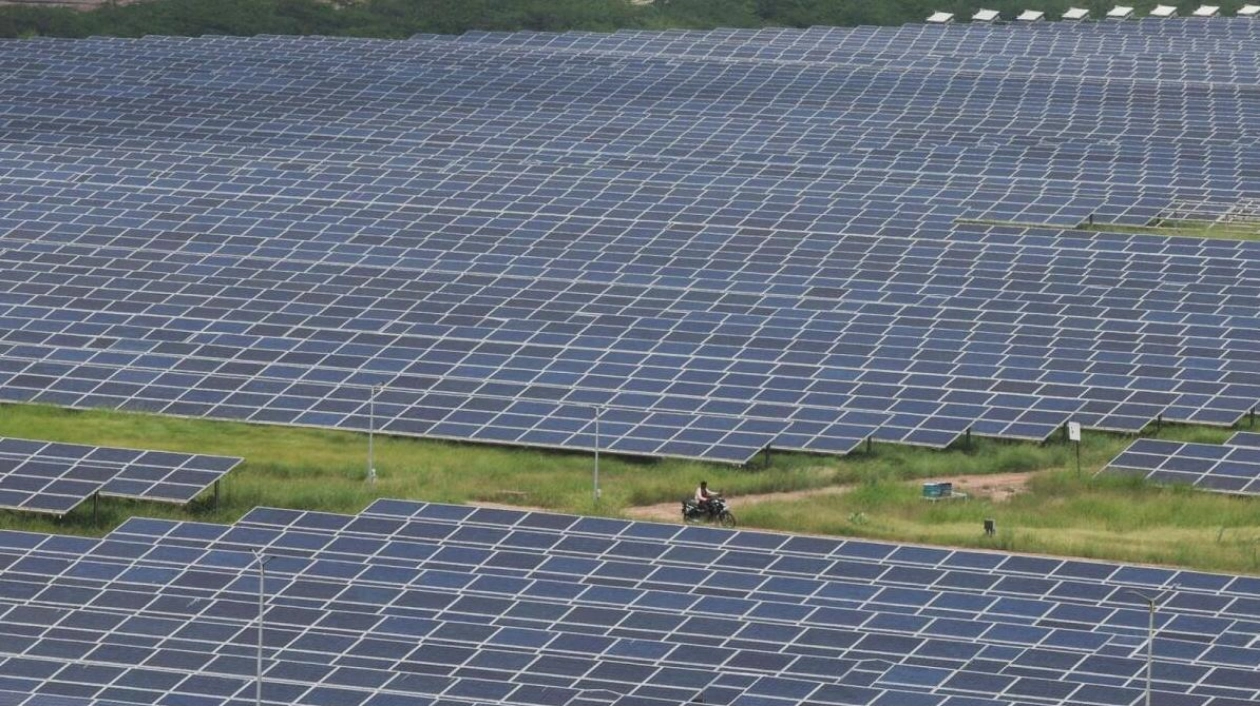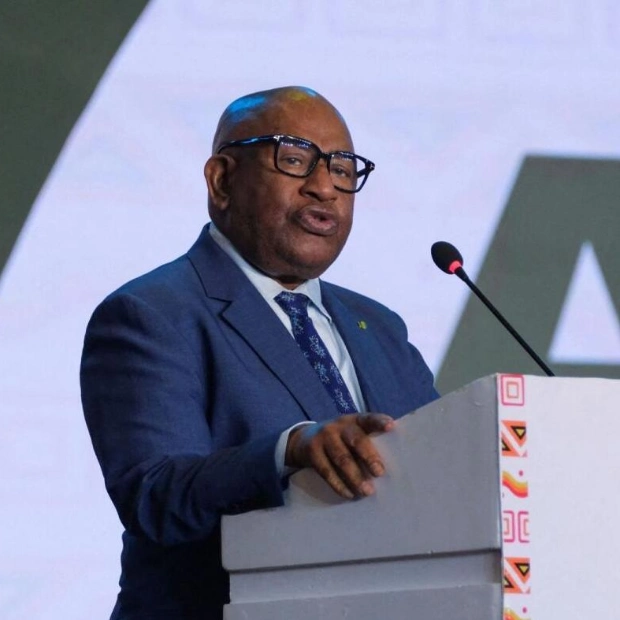India is set to connect a record 35 gigawatts (GW) of solar and wind energy capacity to its grid by March 2025, a senior bureaucrat informed Reuters. This move comes as the country strives to meet its 2030 clean energy target, having missed a widely publicized 2022 renewables goal.
The world's fastest-growing major economy has leaned heavily on coal to manage a surge in power demand in recent years. Consequently, coal-fired power output is expected to exceed renewable energy generation this year. The commissioning of large solar farms has slowed, leading to solar power generation growing at its slowest pace in six years during the first half of 2024.
However, India, the world's third-largest solar power producer, anticipates a shift starting this fiscal year. Bhupinder Singh Bhalla, the top bureaucrat at India's Ministry of New and Renewable Energy, told Reuters that the country expects to add 30 GW of solar capacity and about 5 GW of new wind capacity. India added a total of 10 GW of renewable capacity from April to August, bringing its total to about 153 GW, according to government data.
Bhalla stated, "We cannot provide an exact number for next year (2025-26), but we will definitely surpass this year's capacity addition," during a side event at RE-Invest, India's largest renewable energy conference. He also noted a "significant market demand for battery-linked storage projects," hinting at more tenders for such projects in the future.
India remains 13% short of its 2015 pledge at the UN climate talks in Paris to increase its renewable energy capacity to 175 GW by 2022. Despite being the world's third-largest greenhouse gas emitter, its per capita emissions are among the lowest among major economies. To meet its 2030 target of increasing non-fossil power capacity to 500 GW, India will need to add about 30% more clean capacity annually than expected this fiscal year.
Renewable Energy Minister Prahlad Joshi highlighted that financial institutions have pledged $386 billion for renewable projects by 2030. Clean energy developers have committed to boosting India's non-fossil capacity by 570 GW. Additionally, Indian conglomerates Reliance Industries and Adani Green Energy have committed to adding 100 GW and 38.8 GW of renewable capacity by 2030, respectively.






